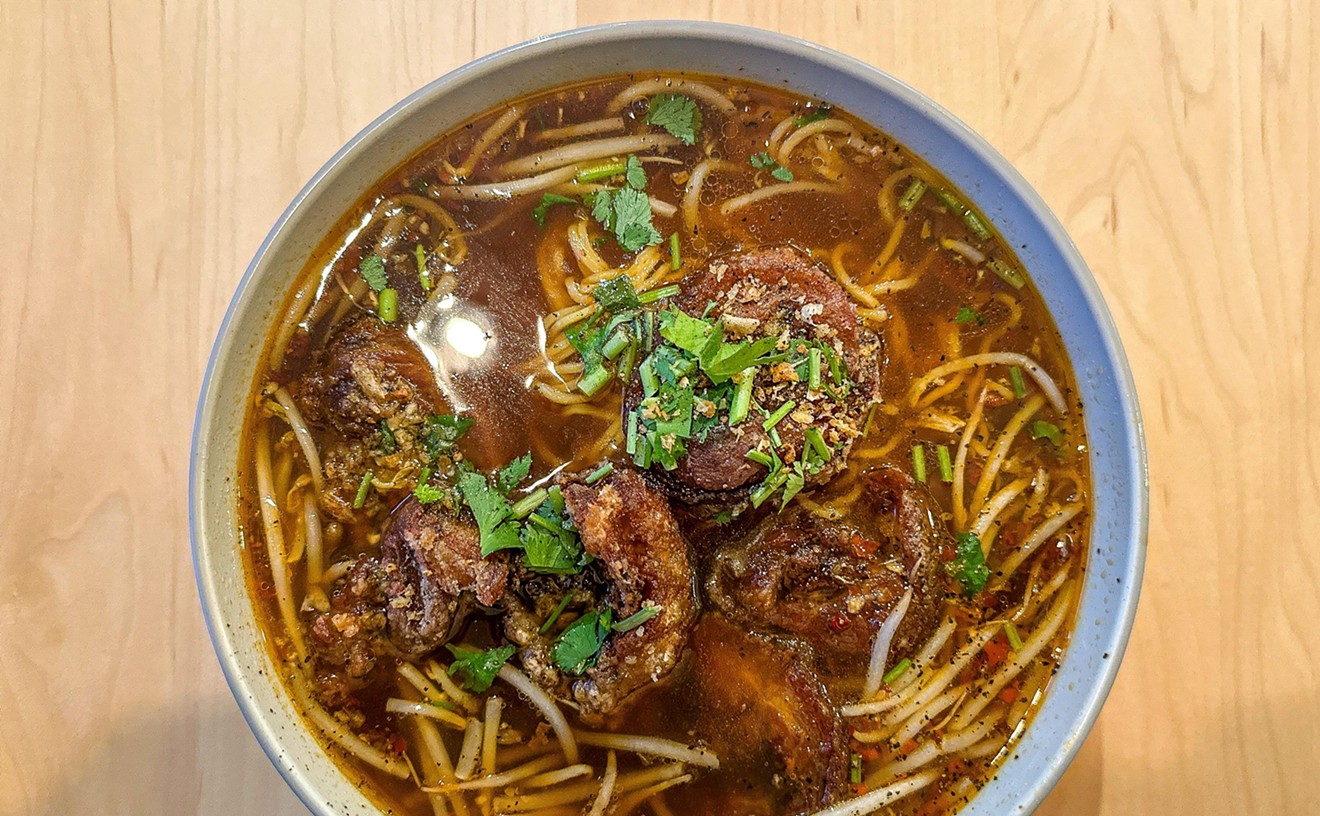In preparation for Greek Fest I was warned: "Beware of bees with your loukomades." The fried dough balls, dripping with honey, seemed the perfect attractor for a violet swarm. I pictured myself going all Chris Farley as I ran through the festival. Bees!
There were no bees, though. I ate loukomades and sweet cookies without consequence. And then this morning I stumbled on this report from Dan Rather Reports, about pesticides and their effect on Colony Collapse Disorder.
Apparently systemic pesticides are to blame for the drastic collapse in honey bee populations. Systemic pesticides aren't sprayed but integrated with the plant as it grows. "Any thing that chews or sucks on that plant are effected by the pesticide, " Tom Theobald the bearded bee keeper told Rather.
The EPA requires testing for all new pesticides, but a conditional registration loophole allows their use after a set of core safety studies are conducted. Those studies make sure the pesticide isn't an advanced carcinogen or nasty neurotoxin, but they aren't designed to determine long-term effects of widespread use of the pesticide. Independent studies have shown the chemicals do in fact have a significant impact on bee populations.
Besides the impact on honey, bees pollinate just about all your favorite fruits and vegetables at the grocery store. A complete collapse in the bee population would have devastating effects on our food supply. Apparently the EPA is taking a closer look at systemic pesticides. Hopefully they can come up with a solution that's fair to produce farmers (whose income depends on high production of vegetables) and the rest of us, who love apples, cherries, honey, and the occasional summer bee attack.
Watch Rather's report here:










